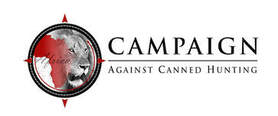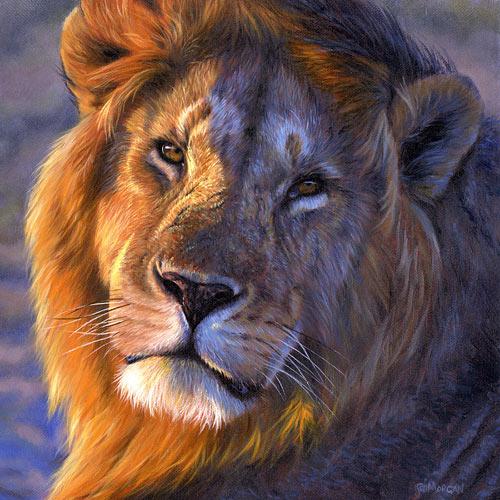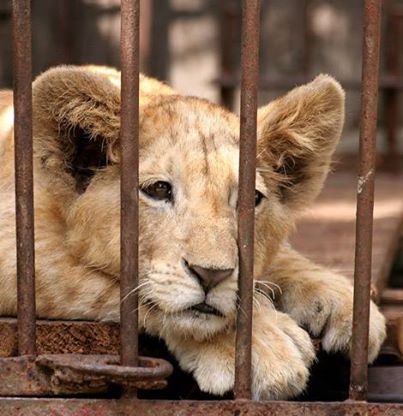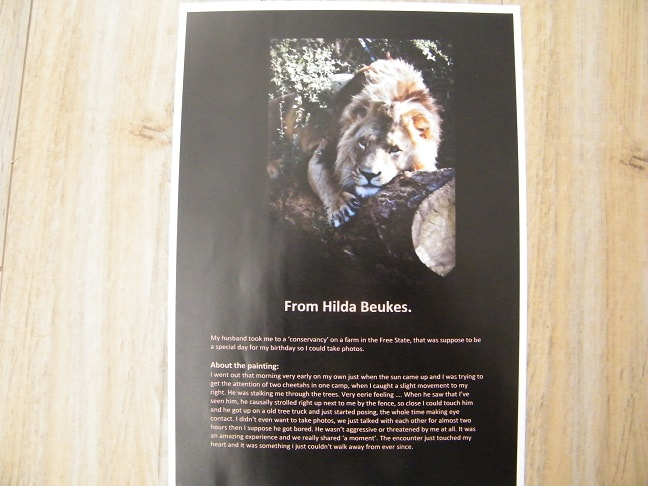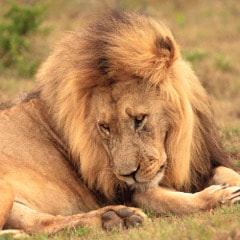
Untrained animal advocates/animal rightists are a danger to the animals they wish to protect and a menace to conservation.
There! There is a statement to cause an explosion on social media. But it’s true.
Imagine that you are on trial for your life. You don’t have any money to hire a trained lawyer. But along comes a well-meaning friend and offers to represent you at your trial. You, naturally, want to know if he is qualified. Nope. No qualifications.
You naturally want to know if he has any experience as a trial lawyer. Nope. No experience.
“Well,” you ask: “how can you possibly help me? Having the best of intentions is meaningless. I need a top-class trial lawyer.”
Substitute animals for yourself, and untrained animal rightists for the well-meaning friend and that is exactly why our wildlife is in such trouble.
The people who wish to protect them haven’t a clue how to go about it effectively. And make no mistake the animals are on trial for their lives. The hunters are the prosecutors and indeed the judges. And to represent them, the animals have …. only you.
So how do you become an effective animal advocate. Well, you have to qualify yourself in that particular area of conservation. In our case that is the plight of the lions caught up in the awful lion farming and canned hunting industry.
You need to be able to mobilise effectively against an entire industry backed up by the best public relations brains in the world. You need to motivate animal lovers to join in the struggle and to become effective advocates themselves. You need to be able to debate the issues intelligently on television or radio and to be able to counter the pro-hunting arguments.
In short you have to become a thought influencer.
How do you do that? Answer: with a great deal of time and effort and commitment.
First, read as much as you can on websites such as ours to educate yourself on the issues so that you can make an intelligent contribution to any debate. Gather useful statistics that you can throw at opponents. Learn the arguments and the counter-arguments. Regulators are obliged by law to publish new regulations for public participation. This is your opportunity to give input. So do your homework and submit input that would be useful and persuasive to a regulator.
Now I’ll spell out some specific actions you should take, illustrated with case studies and examples.
************************
That is an excerpt from one of the five lectures that make up the course on advocacy. Details here:
www.cannedlion.org/volunteers.html
One point of interest to me: all the people who have applied to attend the monthly 3-day courses are from outside SA. What does that say about South African animal lovers?
